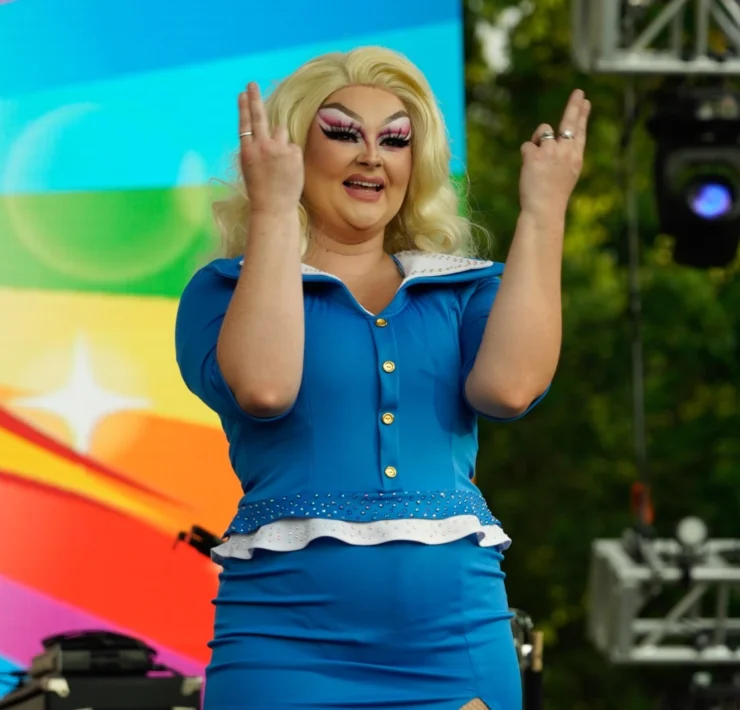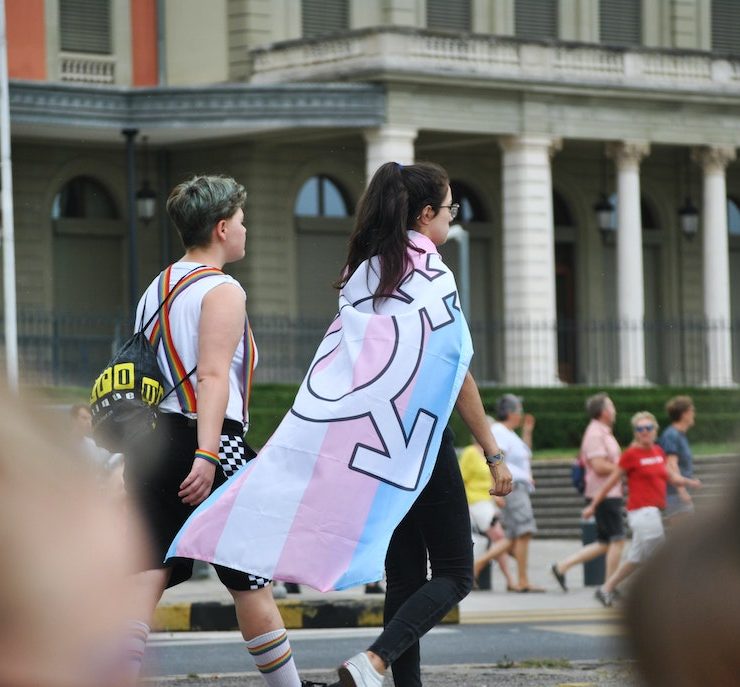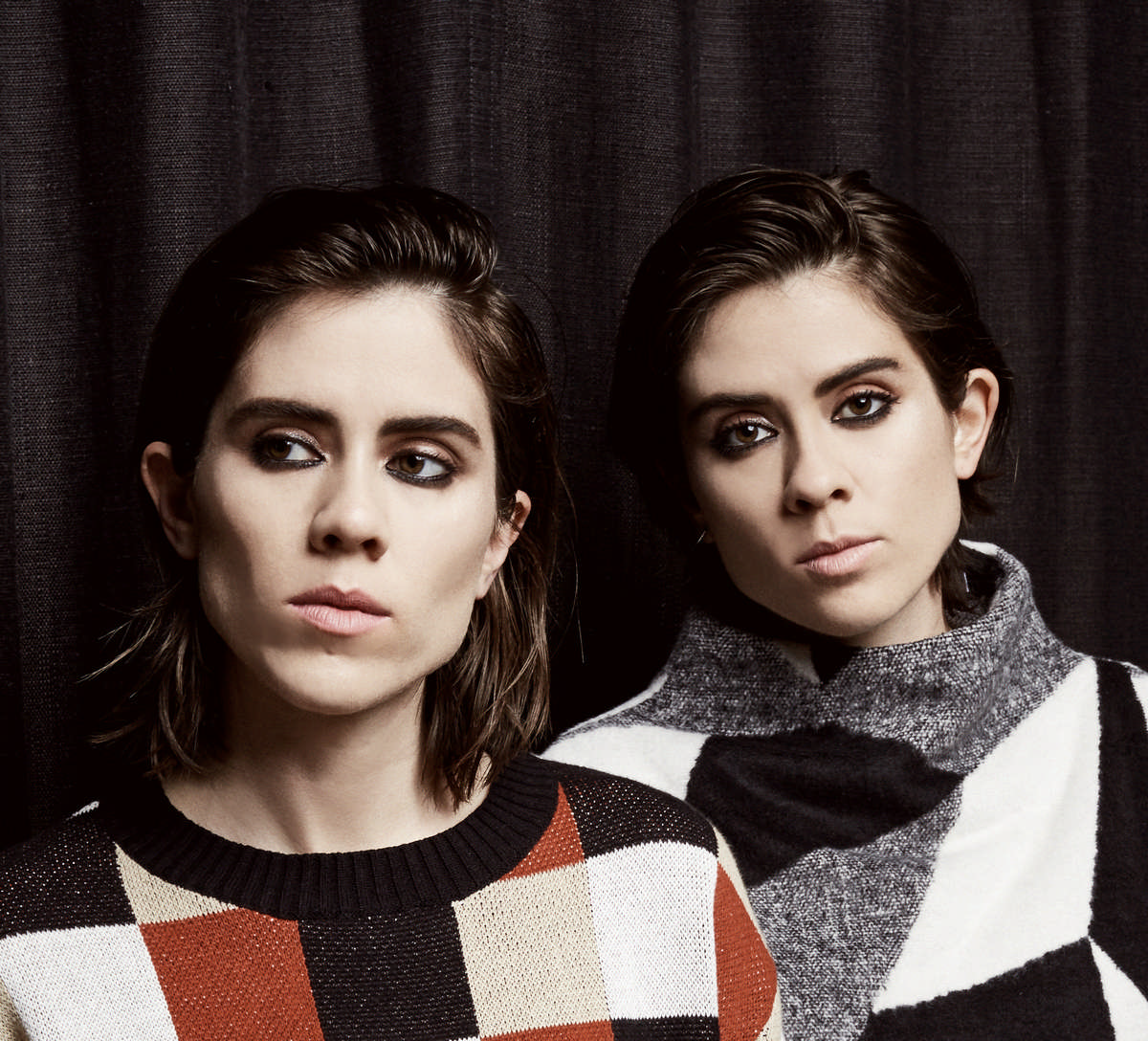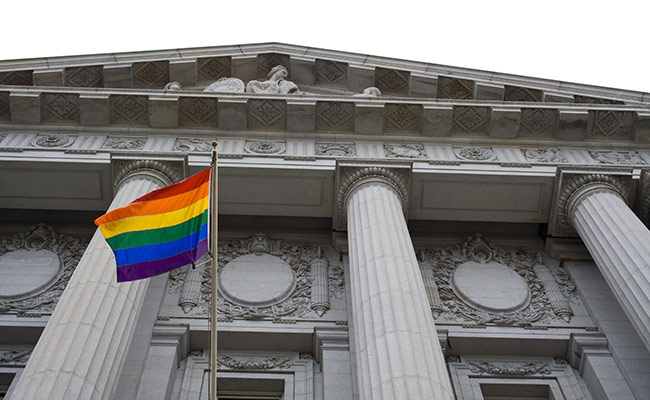Why the Federal Courts are Still Relevant to the LGBTQ Community
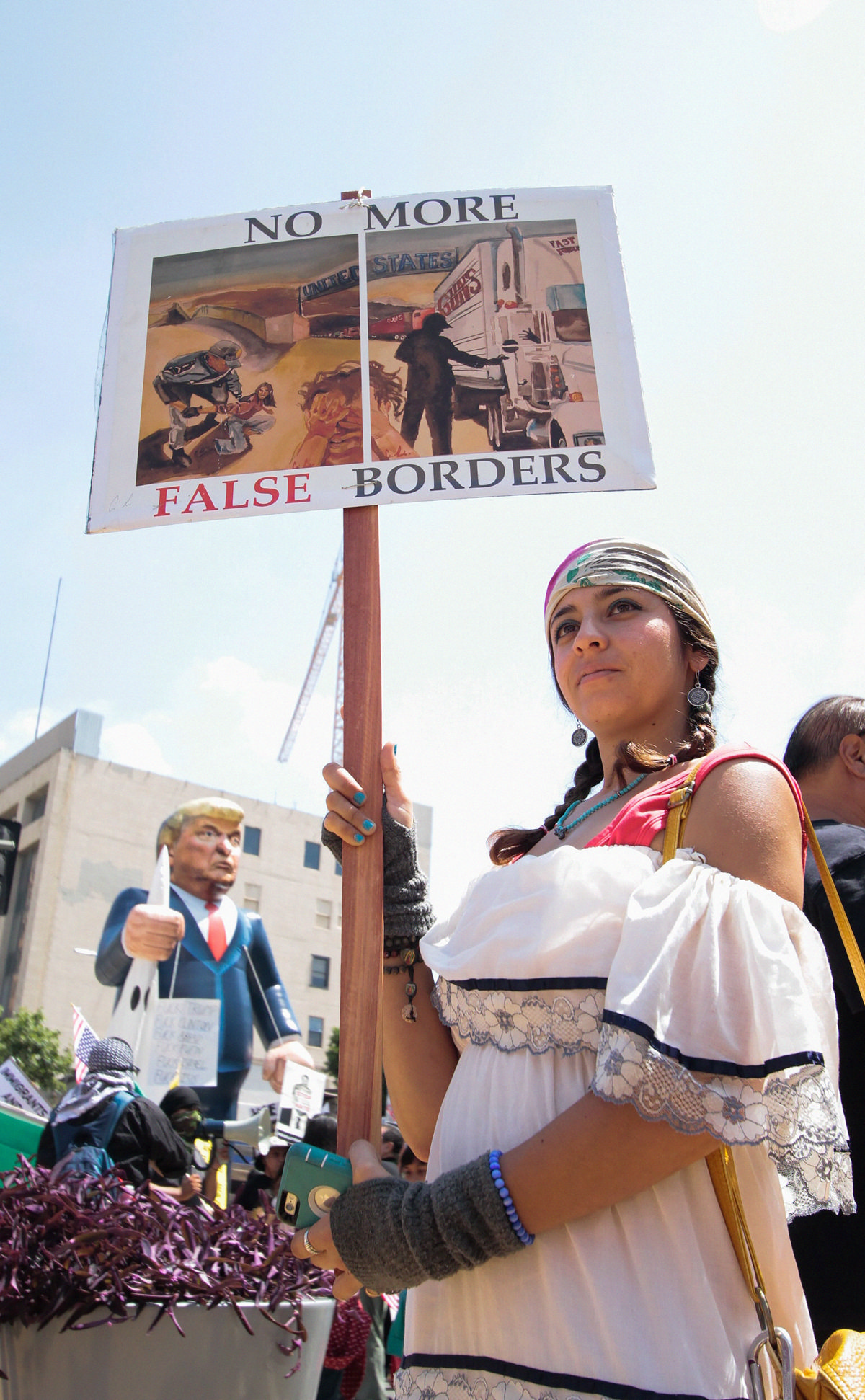
Ruben is a freelance journalist currently based in Denver. He…
Some may think that marriage equality was the end of the queer struggle, but that’s far from true. There are plenty more reasons to have your eyes on the federal courts.
The judicial branch was intended to be composed of judicial arbiters to ensure that everyone had their case weighed on their merits and nothing else, according to Kylee Reynolds, a Legal Fellow for Lambda Legal, a nonprofit legal organization focused on achieving full recognition of the civil rights of LGBTQ people. However, in just two years, Donald Trump has appointed several judges to the federal judiciary with a demonstrated history of anti-LGBTQ bias.
The concern over appointing individuals with controversial records on civil rights is that people will not get their fair day in court, Reynolds said. For LGBTQ people, the courts continue to be the final battleground to seek protections due to the absence of nondiscrimination statutes on the basis of sexual orientation and gender identity at the federal level and in most states.
Despite the legalization of same-gender marriage, there is substantial evidence of discrimination in education, employment, housing, public accommodations, and credit on the basis of sexual orientation and gender identity in the U.S., according to the Executive Director of the Williams Institute and UCLA law school professor Jocelyn Samuels.
“It is an incorrect narrative that discrimination against LGBT people ended when the Supreme Court legalized same-sex marriage,” Samuels said. “There is unfortunately still a persistent pattern of adverse treatment of LGBT people on the basis of their sexual orientation and/or gender identity.”
According to Executive Director of the National LGBT Bar Association D’Arcy Kemnitz, a judicial branch representative of the population is critical to ensure that people from all backgrounds are treated equally, without prejudice or bias, and to further public trust in the justice system.
As of May 2019, The Senate has confirmed 112 of Trump’s nominees to the Article III courts, which includes the Supreme Court, 94 U.S. District Courts, 12 U.S. Courts of Appeals (Circuit Courts), and the U.S. Court of International Trade. By contrast, Obama appointed 86 Article III judges, George W. Bush appointed 127, and Bill Clinton appointed 145.
Seventy-five percent of Trump’s confirmed nominees to the circuit and district courts were male, and 90 percent were white, as of April 2019.
Reynolds noted that the Senate has the power to decide on which individuals will be put on the federal bench through the confirmation process; therefore, people have the power to advocate for a more representative judicial branch by voicing their opinions to their home state senators.
“For far too long, all branches of the governments have been made up of white, straight, cis-gender, able-bodied, older men,” Reynolds said. “The country itself doesn’t look like that. In other words, the government should look like the people.”
A notable aspect of Trump’s appointments lies in the number of individuals whom his administration has successfully appointed to the Circuit Courts. With 41 individuals appointed as of May 2019, Trump has outpaced all of his three most recent predecessors. In comparison, 22 were appointed by Clinton, 24 by Bush, and 19 by Obama.)
The significance of the Circuit Courts of Appeals lies in the number of filings received in comparison to the Supreme Court. For instance, in the 2018 term, the Circuit Courts received 49,363 filings. The Supreme Court, in comparison, receives approximately 7,000 to 8,000 filings and only grants a review with oral arguments to 80 of those cases.
A significant portion of the work conducted by the Fair Courts Project at Lambda Legal includes researching and vetting judicial nominees’ backgrounds to ensure that these individuals, who will potentially sit on the courts, administer justice fairly to all people, according to Reynolds.
“The Fair Courts Project, broadly, does more than just federal judicial nominations work,” Reynolds said. “But, since the Trump administration has been taking on the courts in such a rigorous fashion, covering these changes has been most of my job.”
According to Lambda Legal’s research, one in three of Trump’s Circuit Court nominees have a demonstrated history of anti-LGBT bias.
The confirmed nominees to the Circuit Courts with a documented record of anti-LGBTQ bias include Stephanos Bibas, David Porter, Allison Jones Rushing, Kyle Duncan, James Ho, Don Willett, John K. Bush, Joan Louise Larsen, Eric Murphy, Chad Readler, Amy C. Barrett, Michael Brennan, Steven Grasz, David Stras, and Allison Eid.
Kemnitz explained that justice demands that judges follow legal precedent regarding civil rights, criminal justice, employment, and every other area of the law. However, she added, many of the judges appointed by Trump outright reject settled legal precedent concerning critical issues such as abortion and same-gender marriage.
“There is a very real risk that these conservative, activist judges will disregard precedent and substitute their own opinions for the law, resulting in a patchwork of judicial interpretations of formerly-settled law,” Kemnitz wrote.
Press Secretary of Lambda Legal’s Washington D.C. office Ian Wilhite said that organizations like the Federalist Society often handpick the Trump administration’s judicial nominees based on an ideological litmus test for the type of views they will uphold and the rights that they will protect as judges.
According to Lambda Legal’s report, about 85 percent of Trump’s judicial nominees are also current or former members of the Federalist Society, a conservative and libertarian society of legal professionals seeking to reform the legal system with originalist interpretations of the U.S. Constitution.
“We’ve seen throughout the Trump era that judicial nominees are more than likely going to have views that are opposed to marriage equality, employment discrimination, and protections for LGBT people,” Wilhite said.
Now more than ever, it is important to pay attention to the current judicial climate in order to see how queer rights are being protected and sometimes potentially violated.
What's Your Reaction?
Ruben is a freelance journalist currently based in Denver. He is passionate about social justice, climate change advocacy, and technological advancements. Find Ruben on Twitter @r_gallardo21 and Instagram @guccigallardo



